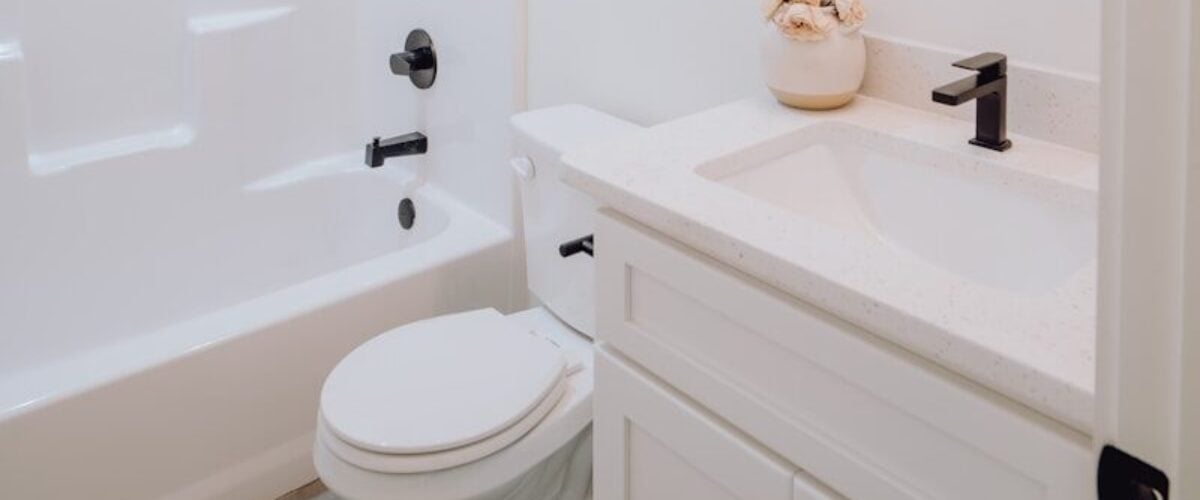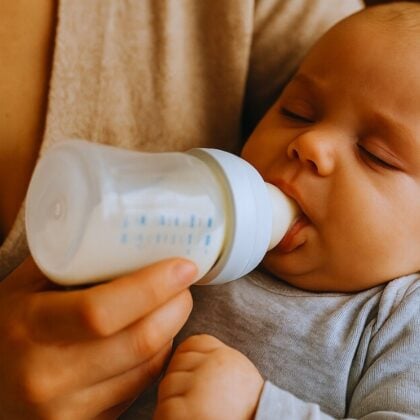
Lactose consumption in the context of alactasia (lactose intolerance) is likely to cause digestive discomfort, the indicators of which will be from flatulence to constipationfrom bloating to diarrhoea. More generally, many people suffer from intestinal gas and a lack of bowel movements, for a number of reasons.
Do you currently have a lot of gas but no bowel movements?
LACTOLERANCE will help you to find out more about this more or less uncomfortable and disabling dysfunction of the digestive system.
Intestinal gas and absence of stools: what causes this?
Before looking at the causes of flatulence and constipation, we need to understand these 2 phenomena that are directly linked to the gastrointestinal system.
- Often taboo because they lend themselves to a smile or are embarrassing in a social context, gas or 'farts' or 'flatulence' should not be taken lightly when they are produced in excess in the intestines and become painful.
💡 For your information, an individual with no intestinal problems produces between 13 and 21 gases per day.
Generally speaking, gas is the result of digestion by bacteria in the intestines.
These bacteria ferment ingested food, breaking it down and degrading it. As a result, the anus produces gases that are usually odourless. Unpleasant odours can be explained by the presence of sulphur or organosulphur compounds in food, found for example in garlic, onions, crucifers (broccoli, cabbage, Brussels sprouts, etc.) or oilseeds (cashew nuts, pecans, etc.).
- The absence of stools becomes constipation if there is a low frequency of evacuation or difficulty in evacuating faecal matter. In concrete terms, this intestinal disorder manifests itself when stools are passed less than 3 times a week, when stools are abnormally hard 1 time out of 4 or more and/or when the difficulty in evacuating is accompanied by pushing in at least 25% of cases.
A distinction is actually made between occasional constipation from chronic constipation. In the first case, the absence of stools and the difficulty in evacuating last a few days or a few weeks. In the second case, they last for 6 months or more.
Intestinal gas and the absence of stools can have a number of causes. Flatulence is mainly linked to diet, and its excessive nature is often justified by the consumption of foods such as those mentioned above.
Lactose intolerance or gluten, as well as certain digestive infections, can also be responsible for excessive farting. As for constipation, it reflects the sensitivity of intestinal transit to external factors. New or poor eating habits, stress or even pregnancy can all lead to problems with bowel movements. As we age, the digestive system slows down more and more, leading to the production of intestinal gas and the absence of bowel movements.
So what is the link between flatulence and flatulence?
Does constipation cause gas?
In most cases, the absence of bowel movements and difficulties in evacuating them lead to farting and bloating which can themselves cause varying degrees of abdominal pain.
In concrete terms, the accumulation of faeces in the large intestine accentuates the fermentation process, which itself explains the production of gas. For pregnant women, the end of pregnancy is also a particularly propitious time for excessive gas production: the pressure exerted by the uterus on the intestines and frequent constipation lead to excessive production of flatulence.
What illnesses and diseases cause a lot of gas?
It's been said, lactose intoleranceThis can lead to flatulence. Other health problems and illnesses are also responsible for an overabundance of intestinal gas:
- Aerocolia is the excessive presence of gas in the colon. Constipation, antibiotics or certain medical conditions can lead to aerocolia.
- Triggered by the absorption of gluten, coeliac disease is a chronic pathology of the small intestine. It manifests itself through farting, bloating, abdominal pain, etc.
- Gastrointestinal infections, gastro-oesophageal reflux, food poisoning and even appendicitis lead to abnormal gas production.
- Finally, the irritable bowel syndrome causes severe abdominal pain and episodes of diarrhoea and/or constipation. Although it is generally accompanied by normal amounts of intestinal gas, it must be named so as not to be confused with lactose intolerance, coeliac disease or Crohn's disease, whose digestive disorders can be similar.
Intestinal gas and absence of stools: what are the solutions?
If you notice that you have a lot of gasbut you haven't had a bowel movement for several days, don't hesitate to contact us. consult your GP or any other health professional able to make a clear diagnosis of the dysfunction of your gastrointestinal system.
In the case of chronic aerocolia in particular, consult a gastroenterologist to detect any underlying diseases or pathologies, such as irritable bowel syndrome, Crohn's disease or lactose intolerance.
If you find it difficult to go to the toilet and you suffer from excessive flatulence, a few dietary changes can help you to improve your digestive comfort. Eat a diet rich in fibre, a nutrient found in cereals, fruit and vegetables, to help combat constipation. You should also drink 1.5 litres of water a day (or more, depending on your level of physical activity and sport, the weather, etc.) to improve your intestinal transit on a daily basis. On the other hand, limit your consumption of beer and fizzy drinks, fatty foods, sugar substitutes (fructose, sorbitol, etc.) and chewing gum as much as possible, and drink preferably outside mealtimes.
If your farts and lack of stools are the result of lactose intolerance or gluten, then you need to change your diet. Eliminate some or all of the foods containing lactose or gluten, depending on the severity of your food intolerance. For alactasia, find out about supplementation in lactase and (re)integrate lactose-rich foods into your diet with complete peace of mind.
LACTOLERANCE food supplements 4500, 9000, ULTRA and 1/DAY allow you to consume lactose without suffering the undesirable effects of your intolerance, starting with flatulence and constipation.
👉 Click here to discover our solutions for better lactose digestion

Hello, I'm Vincent
Like you, I'm lactose intolerantI know exactly what you're going through and the difficulties you encounter on a daily basis. For over 10 years, I've been helping our customers to use our dietary supplements and giving advice and tips on how to improve their digestive comfort. I'm also a keen cook and gourmet, so you'll find my favourite recipes for a lactose-free diet in this blog.
Lactose intolerance is not inevitable! With LACTOLERANCE you can digest with complete peace of mind





